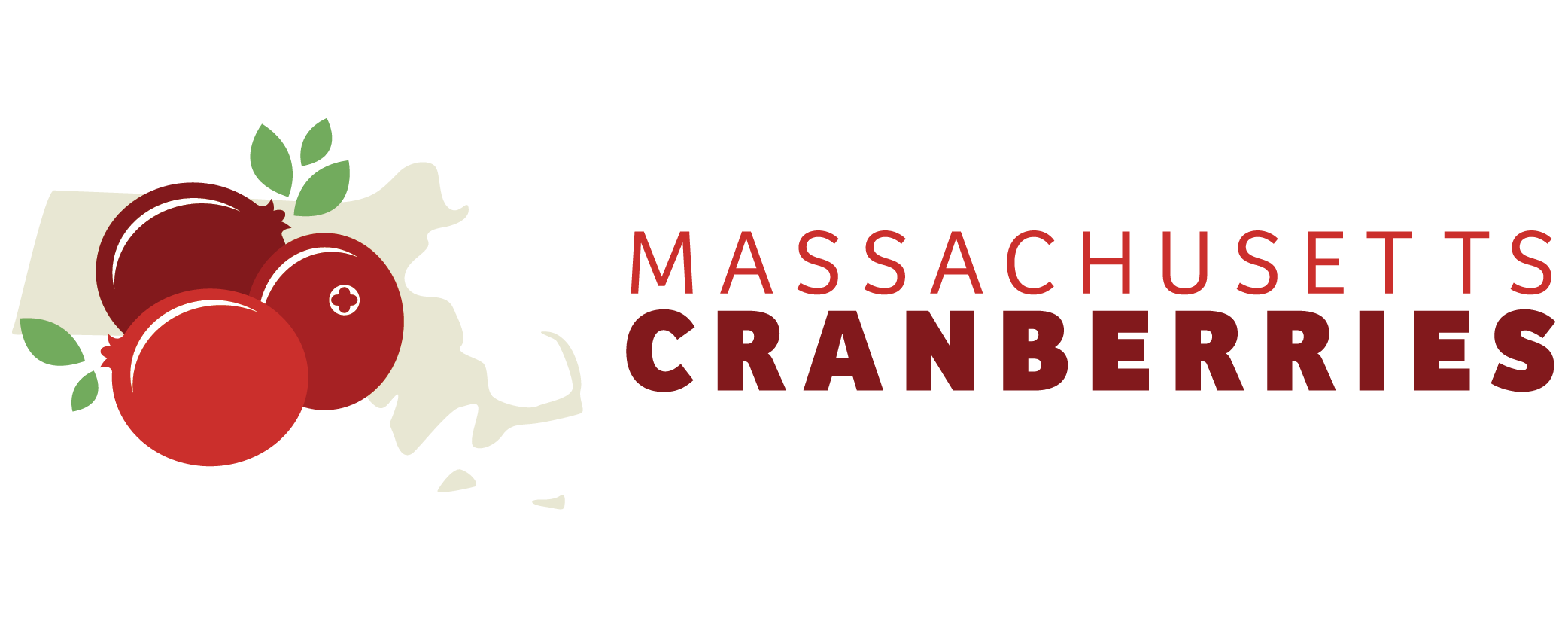Cranberry Research & Education
Growing innovation to propel the industry forward
The Massachusetts cranberry industry fosters an environment of collaboration and innovation. There are several established entities that conduct different types of research to benefit the cranberry industry.
Cranberry Institute
 The Cranberry Institute is a not-for-profit organization founded in 1951 to further the success of cranberry growers and the industry in the Americas through health, agricultural and environmental stewardship research as well as cranberry promotion and education. The Cranberry Institute is funded voluntarily by Supporting Members that handle, process, and sell cranberries. Our Members are represented in national and international regulatory matters and research efforts are done on their behalf. All growers who have contracts with our Supporting Members are automatically represented by the Cranberry Institute and receive a grower newsletter. The Cranberry Institute's Board of Directors consists of nine members representing their respective handlers and/or processors.
The Cranberry Institute is a not-for-profit organization founded in 1951 to further the success of cranberry growers and the industry in the Americas through health, agricultural and environmental stewardship research as well as cranberry promotion and education. The Cranberry Institute is funded voluntarily by Supporting Members that handle, process, and sell cranberries. Our Members are represented in national and international regulatory matters and research efforts are done on their behalf. All growers who have contracts with our Supporting Members are automatically represented by the Cranberry Institute and receive a grower newsletter. The Cranberry Institute's Board of Directors consists of nine members representing their respective handlers and/or processors.
The UMass Cranberry Station
 Located in East Wareham, the Cranberry Station, a part of the UMASS Amherst Campus, is an outreach and research center charged with the mission of maintaining and enhancing the economic viability of the Massachusetts Cranberry Industry through research and outreach and serving the public welfare by supporting economic development and the protection of the environment.
Located in East Wareham, the Cranberry Station, a part of the UMASS Amherst Campus, is an outreach and research center charged with the mission of maintaining and enhancing the economic viability of the Massachusetts Cranberry Industry through research and outreach and serving the public welfare by supporting economic development and the protection of the environment.
Cranberry Research Foundation
The Cranberry Research Foundation (CRF) was founded in 1996. It is a nonprofit, tax exempt organization that raises and invests funds for the future support of cranberry research projects in the Massachusetts growing region. These projects promote and protect the unique environment of the cranberry system and maintain the viability and heritage of cranberry growing.
Cranberry Educational Foundation
Founded in 2007 to raise awareness of the cranberry heritage within the local communities, the Cranberry Educational Foundation (CEF) has provided scholarships to local students with preference to those majoring in agriculture or the environment. The Foundation also supports other educational endeavors by involvement at local STEAM (science, technology, environment and math) fairs, as well as other community education programs.

